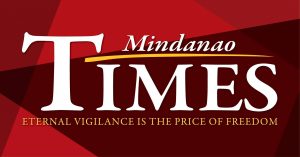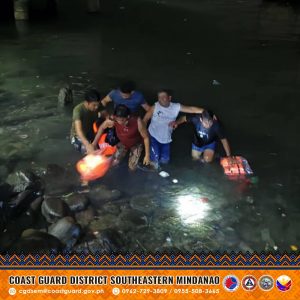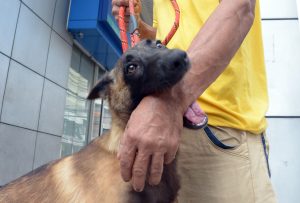 THE city council has passed a law that institutionalizes the use of the Safe Davao QR (DQR) code to ensure that contact tracing of those exposed to COVID-19 cases can be efficient and seamless.
THE city council has passed a law that institutionalizes the use of the Safe Davao QR (DQR) code to ensure that contact tracing of those exposed to COVID-19 cases can be efficient and seamless.
At the city council session yesterday conducted online, Councilor J. Melchor Qutain Jr., sponsor of the proposed ordinance and city council floor leader, said that the system can only be used for contact tracing and that when everything reverts to normalcy, it will no longer be used.
Quitain added that the ordinance also mandates all establishments to secure registration and to help both their employees and their clients to secure the codes.
In the discussion on the proposal, the issues on police checking the code and the security of the program were among the critical ones that extended discussion to about 95 minutes than the allotted time.
On the security of the program, Councilor Alberto Ungab quizzed the proponent on the issue as he pointed out that the storage of the program can even be critical in breaching security.
During the break of the session, Chito Mercado, officer in charge of the City Information Technology Center, assured Ungab that the program is secured and that the “city government is the controller and the developer is only the processor.”
Mercado said that the memorandum of agreement between the city government and the “control and ownership (of the program) is (under) the city government.
Councilor Jessica Bonguyan also noted that some police supervising checkpoints within the city proper have been checking DQR (quick response) and have caused huge traffic bottlenecks. She pointed out that checkpoints within the city must not check the code because, since the goal is contact tracing, the people are just passing through.
In response, Quitain said that during the committee hearing on the proposal, law enforcers were told to be prudent in checking the riding public, and that they might only “implement random checking” so that they could not cause traffic.
Under the ordinance, minor infractions like failing to show or failing to apply for the code will only be a cause for reprimand for the first offense, but will result in P500 for the second offense and P1,500 or a month in jail for the second offense. Under this provision, there is a part where the violator cannot contest, so must pay the fine.
In graver offenses like hacking and identity theft, Quitain said violators will be subjected to criminal prosecution under national laws like the Data Privacy Act and the Cybercrime Prevention Act.
Quitain pointed out that the ordinance was patterned after Executive Order Number 60 which was crafted for the implementation of the DQR as part of the measures in curbing the spread of COVID-19.
Under the law, just like the order, the people are tasked to prove that their travels within and into the city are essential by showing government-approved and other key documents, like certification of employers. Those who do not have these documents, which are also necessary in securing the code, can also seek the assistance of the police and the barangay officials for the same purpose.



